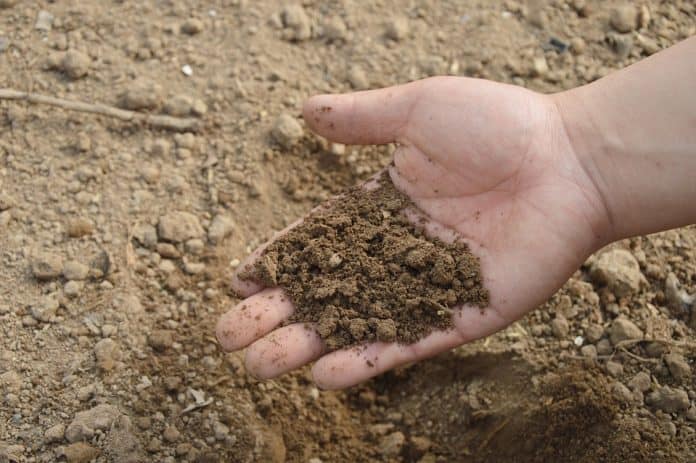
LAKEWOOD – A Master Composter Training Program will be held this fall, hosted by the Ocean County’s Department of Solid Waste Management and the Ocean County Board of Chosen Freeholders.
“This program provides attendees with the tools to be master composters and gives them the opportunity to teach others in their communities about the importance of composting,” said Ocean County Freeholder Gary Quinn. “We want to encourage our residents to sign up and take advantage of what this program has to offer.”
The program will take place on two consecutive Saturdays, Sept. 14 and Sept. 21 from 9 a.m. to 3 p.m. at the Recycling Education Center at the Ocean County Northern Recycling Center.
The program is free to Ocean County residents and taxpayers. There is a $75 fee for non-residents.
Each applicant is encouraged to be sponsored by a group or organization as this ensures the opportunity to establish an outreach network for the program. Many types of groups can sponsor an applicant including garden clubs, municipalities, environmental commissions, recycling committees, retirement communities or service clubs.
The course is limited to 20 participants and the registration deadline is Aug. 26.
For more information and to register, contact Sandra Blain-Snow, Recycling Program Aide, at 732-506-5047 or by email at sblain-snow@co.ocean.nj.us. Registration can also be completed online by filling out and submitting an application at co.ocean.nj.us/recycle and clicking on Composting. Select Master Composter Volunteers from the drop down menu.
Once you complete the Master Composter Training Program, you can assist with the county’s efforts in providing residents with information on managing the organic waste they produce in their homes and the benefits of composting.
“Master composters have been doing a great job in volunteering their time to help other Ocean County residents who are interested in composting,” said Ocean County Freeholder Director Virginia E. Haines. “The Master Composter Program is a great way to learn about how to manage and reuse the organic waste that is generated in our own homes.”
Trained volunteers agree to provide a total of 24 hours of outreach, education and service to promote the benefits of home composting. They are encouraged to tailor their outreach activities to their individual strengths and preferences.
“The environmental benefits of using compost are significant,” Quinn said. “It can help clean up contaminated soil, reduce runoff of toxic materials and improve your garden or lawn.”






